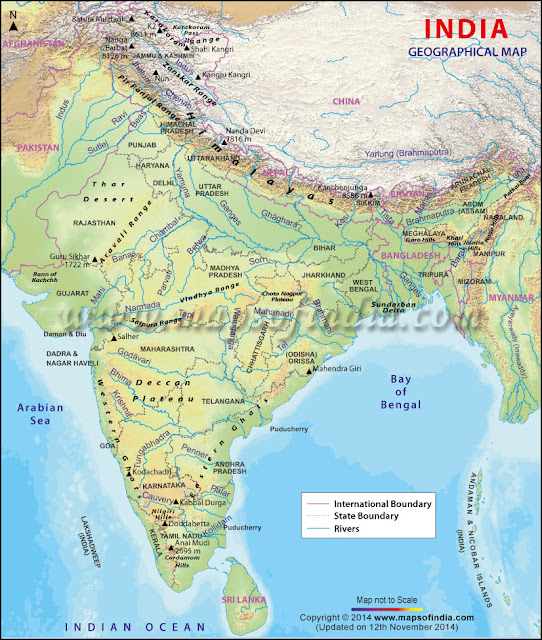Coral Reefs in India
ssc preparation, important competetion questions, current affairs of india, latest question asked in competetion papers,
Coral Reefs in India
Coral Reefs a unique ecosystem of tropical regions, which are home to 25% of marine organisms and extended in less than 25% of total marine area, are facing problems of extinction mainly due to anthropogenic factors.India in-spite of being a tropical nation has very less area of coral reefs.The absence of coral in Bay of Bengal can be attributed to the immense volume of fresh water and silt carried by mighty rivers of India, large population base on eastern coast, heavy monsoonal rainfall etc. In light of Coral reefs being critical both for people and marine organism,the conservation programme for coral reefs should be accelerated and properly managed.
What are coral reefs?
Coral reefs are shallow water, tropical marine ecosystems which are characterized by a remarkably high biomass production and a marine biodiversity.
They require certain conditions to flourish
- shallow waters,
- exposed to direct sunlight,
- sea water temperature of 23-25°c
- moderate salinity; and
- free from suspended sediments.
Structure of Coral Reefs:
The structure of a reef is formed by the calcareous skeleton of coral polyps. Reefs can vary enormously in structure and complexity and are roughly divided into three major types.
1. Fringing reefs: reefs that grow close to the shore and extend out into the sea like a submerged platform.
2. Barrier reef: reefs separated from the land by wide expanses of water and follow the coastline.
3. Atolls: a roughly circular ring of reefs surrounding a lagoon, a low lying island.
Distribution of Coral in India
1) The Gulf of Kutch in the north west
2) Palk Bay and the Gulf of Mannar in the south.
3) Lashadweep islands and A&N islands
4) Coral patches have been recorded in the inter tidal regions of Ratnagiri, Malvan and Redi, south of Bombay.
Importance of Corals
1.Corals are home to many marine animals who lays their eggs on the corals and live on the corals. It serves as home for 25% of all marine plants and animals.
2.Coral reefs provide people with living walls against tides, storm surges and hurricanes.
3.Coral reefs are a rich source for marine biologist study.
4.Coral reefs drive a tourist industry.
5.Coral reefs provide area for fishing.
Threats to Corals:
1. Over fishing.
2. Sewage generated by humans activity.
3. Oil and Industrial Pollution.
4. Sedimentation as a consequence of large deforestation in catchment area of rivers.
5. Tourism.
6. Coral Mining
7. Global warming.
Conservation In India:
- Integrated Coastal Management,that unites government and the community, science and management and public interests in preparing and implementing an integrated plan for the protection and development of coastal ecosystems and resources, is one approach to conserve the coral reefs.
- Marine protected areas notification of coral areas like gulf of kutch, gulf of mannar etc.
- By integrating science and culture.
- Capacity building and training can make government efforts towards conserving coral reefs.
- By increasing coral reefs study by establishing more and more specialized centres of study on corals reefs.
- By conserving river or by mitigating river pollution.
- By switching towards renewable source of energy.
- By regulating fishing in or nearby areas of coral reefs.
Share Your Views........!!!!!




Comments
Post a Comment